By Film Noir Blonde and Mike Wilmington
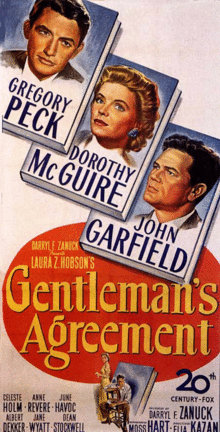 The Hollywood Heritage Museum and the Hollywood Foreign Press Association will present on Wednesday, April 12: An Evening at the Barn – “Gentleman’s Agreement”: Hollywood’s Stand Against Anti-Semitism.
The Hollywood Heritage Museum and the Hollywood Foreign Press Association will present on Wednesday, April 12: An Evening at the Barn – “Gentleman’s Agreement”: Hollywood’s Stand Against Anti-Semitism.
Directed by Elia Kazan and starring Gregory Peck and Dorothy McGuire, “Gentleman’s Agreement” was a critical and box-office hit. The film was nominated for eight Academy Awards and was named Best Picture of 1947, additionally winning Oscars for Best Supporting Actress for Celeste Holm and Best Director for Kazan.
Few critics would rank it that high today – it’s perhaps too much a message picture. That said, many of its performances are vastly underrated.
For Peck, it was one of his most curious, controversial movie roles: a New York City magazine writer named Philip Schuyler Green, who (at first reluctantly) takes on the assignment of writing an exposé of contemporary American anti-Semitism.
Phil decides to personalize the piece by posing as a Jewish man and recording how he’s treated or mistreated in the posh sections of Manhattan, Darien, Conn., and elsewhere – places that usually welcome him, or anyone else who looks like Gregory Peck, with open arms.
Peck’s Phil, who renames himself Phil Greenberg, gets more than he bargained for, from restaurateurs, real-estate agents, hotels, and from his increasingly skittish girlfriend, Kathy Lacy (McGuire) and her parents and friends.
Meanwhile, with the House Un-American Activities Committee (HUAC) operating in high gear, the postwar movie audience got a lesson in tolerance of unusual candor – from a first-class director (Kazan), Laura Z. Hobson’s highly acclaimed and best-selling source novel, a brilliant screenwriter (Moss Hart) and top actors (including Holm, Albert Dekker, Anne Revere, Dean Stockwell, June Havoc and Jane Wyatt.)
Stealing every scene he’s in, is a bona-fide New York Jewish actor, John Garfield, who begged to do the film and gives a powerhouse performance. Peck, McGuire, Revere and Hart received Oscar noms, as did Harmon Jones for editing.
Ironically, though many of the 1947 Hollywood moguls were themselves Jewish, they all shied away from the project. It took the 20th Century Fox head Darryl F. Zanuck (a Gentile) to get “Gentleman’s Agreement” on the screen.
(And it should be noted: in 1952, Kazan gave HUAC the names of eight actors who had been members with him of a Communist Party unit in the Group Theatre.)
At Wednesday’s event, film historian Claudine Stevens will discuss the book and the movie, with clips, and Cecilia Peck, daughter of Gregory Peck, will talk about her father and his part in the film.
Reserve your tickets now for this special event, which will take place in the historic Lasky-DeMille Barn. Free parking is available in Hollywood Bowl Lot D, which is directly adjacent to the museum.
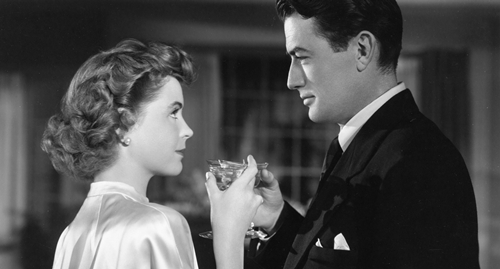
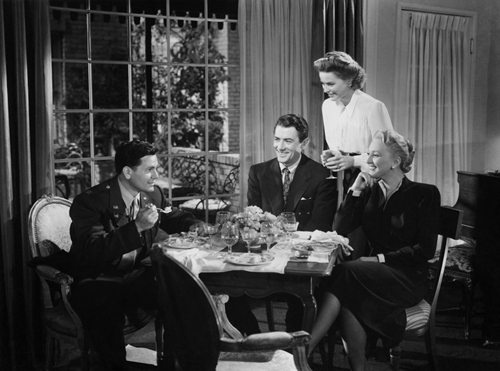





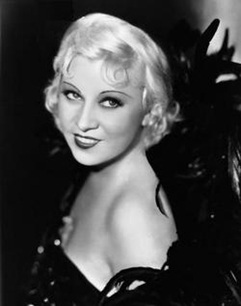
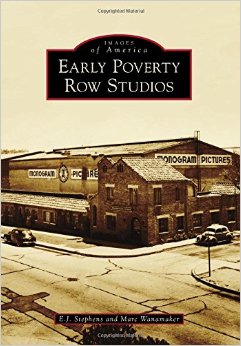
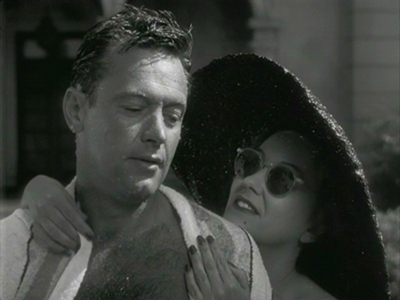
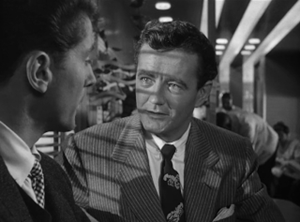

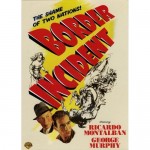
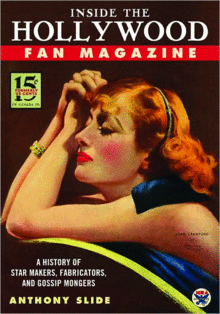





From FNB readers